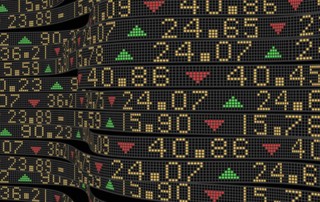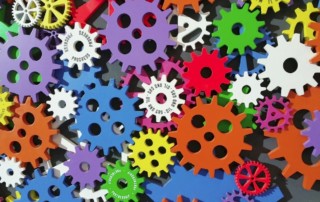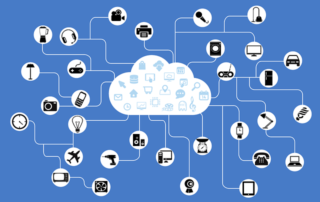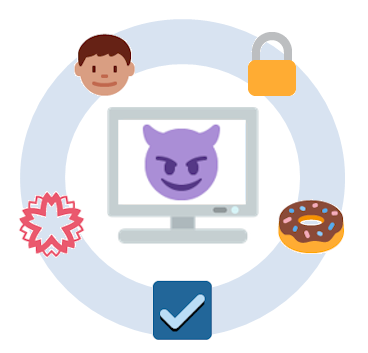National Identity and Public Health Behaviors During Covid-19
In a massive international collaboration including more than 200 researchers, we examined the adoption of public health behaviors and support of public policy interventions during the first wave of the Covid-19 pandemic. We found that individuals who identified more strongly with their nation reported greater engagement in public health behaviors and greater support for public health policies. This result was later replicated using aggregated behavioral data.










